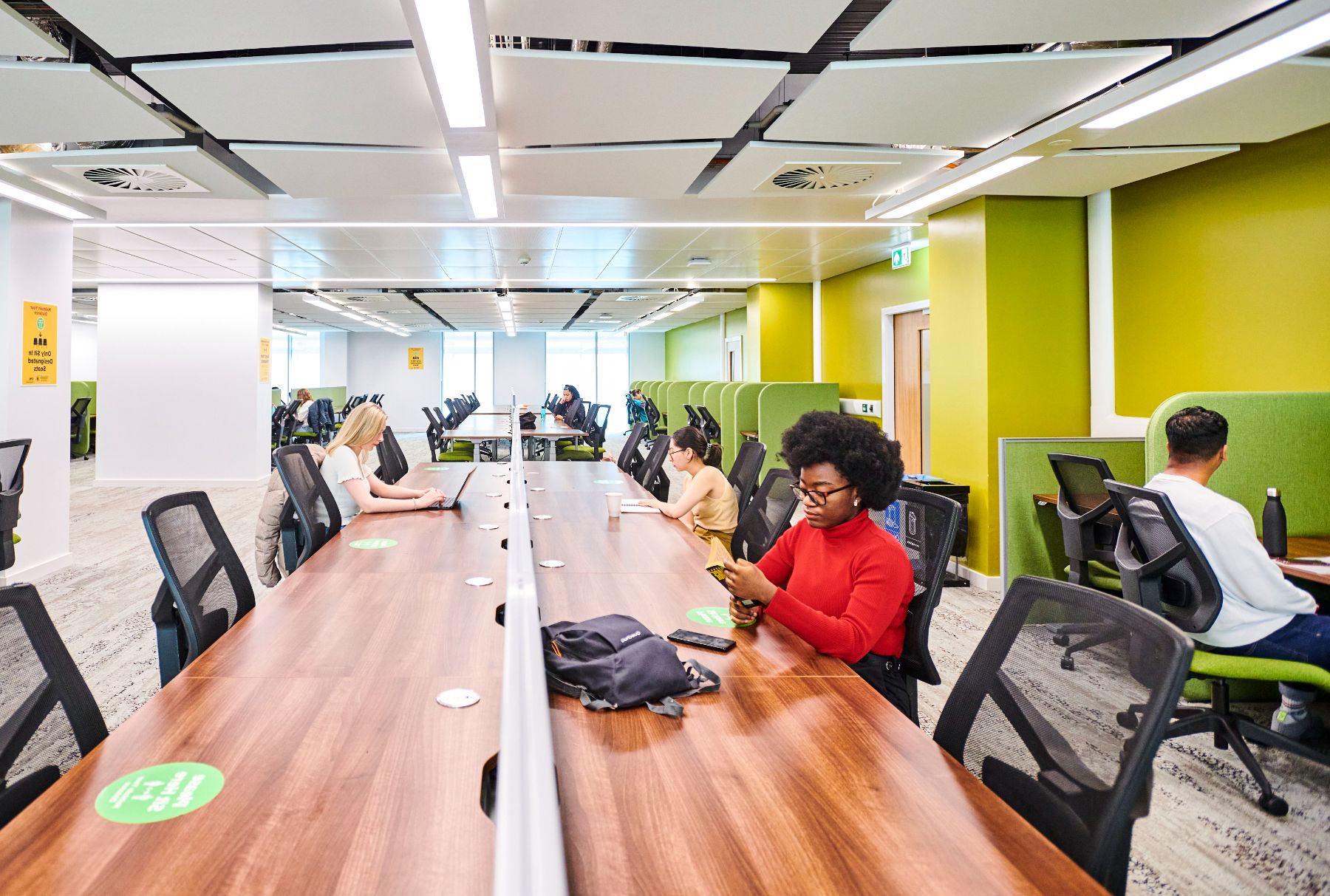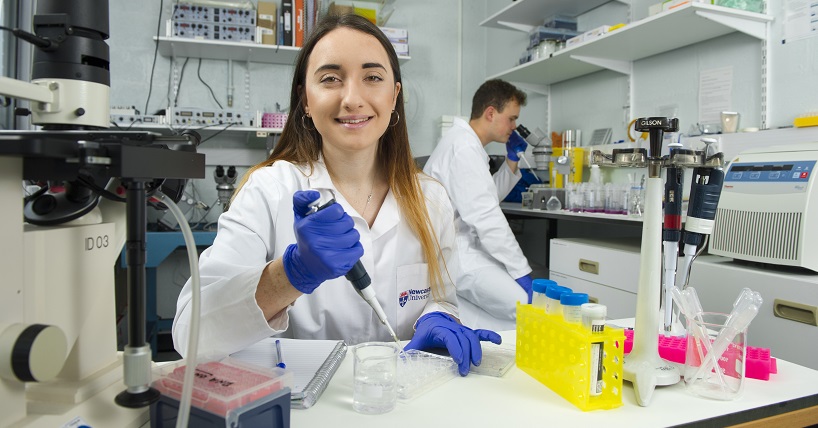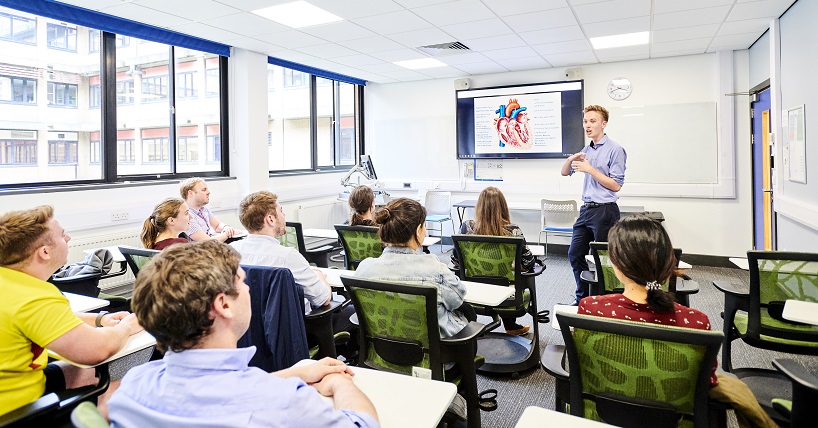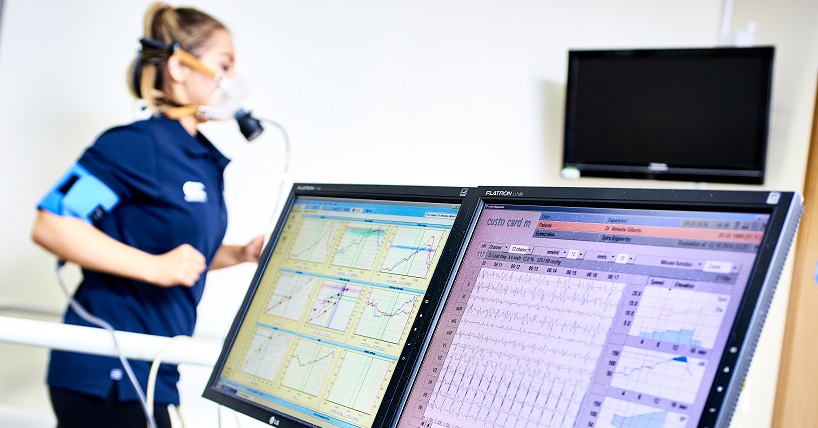Graduate School
Providing support and development for postgraduate students.
The Faculty of Medical Sciences Graduate School plays an essential role in supporting the progression and development of our postgraduate students. Our students are the academics, research leaders and clinical experts of the future. Our aim is to develop their skills to effectively contribute on a global scale.
We are proud of our success in training and developing our postgraduate students. We work with partners in the NHS and industry to produce individuals ready to make a significant difference.
What we do
The Graduate School provides guidance and support to postgraduate research students throughout the lifecycle of their studies, from application to graduation. We have representatives embedded in schools and institutes across the faculty. We work together to:
- support the admissions, registration, progression and examination processes for all postgraduate research students in the faculty
- ensure that postgraduate research students are supported through every step of their research degree, including annual progress monitoring and the final examination process
- ensure that policies and procedures are correct and support our students throughout their research degree
- provide support and guidance on a range of areas relating to study at Newcastle University
- provide a comprehensive suite of training programs to complement your qualifications and enhance your personal development
- allow current students to book workshops using the online booking portal
Find out more about what has been happening in the Graduate School
Induction
- Welcome to Newcastle University
- Managing your PhD/MPhil/MD – An essential guide
- NUReflect and Personal Development Planning
- What support is available for postgraduate research students?
- Research Ethics – Theory
- Research Ethics – Application
- Recording your Research
- Safety Workshops
- Chemical Safety
- Biological and Genetic Modification Safety
Engagement
- Engagement and Communicating Research
- Insights Public Lectures Doctoral Thesis Prize
- Brilliant Club – Scholars Programme
- Soapbox Science
- Pint of Science
- Bright Club
- FameLab
- Three Minute Thesis (3MT)
- How to write a plain English summary
- Engagement and Communicating Research – Teaching
- Demonstrating
- Opportunities within the School of Biomedical Nutritional and Sport Science
- Teaching Opportunities
- Teaching and Supervising Project Students
- Learning and Teaching Conference
- Digital Skills Teaching Opportunities
- Postgraduate who teaching: Applying for recognition as an Associate Fellow of the HEA through the Evidencing Learning and Teaching Skills scheme (ELTS)
- Engagement and Communicating Research – Peers and Policy
- STEM for Britain: Application support
- Presentation skills using PowerPoint
- Presenting at Academic Conferences (NEPG Support)
- Poster Presentations – Practical Advice
- What makes a good poster
Wellbeing
Lisa Barnes is the Student Wellbeing Adviser at FMS Graduate School.
Her role is to signpost, offer advice and guide students within the school. She provides the steps to take when experiencing difficulties which impact your wellbeing.
We can support you by:
- being a confidential ear for you to talk about factors impacting your wellbeing
- advising you on your best next steps if you are struggling with a personal difficulty
- recommending practical resources to help you improve and maintain your wellbeing
- helping you understand and access support within our Student Wellbeing services
We can offer guidance on:
- accessing assessments for specific learning difficulties
- how to get medical evidence and claim reimbursement for the cost
- how to arrange a Student Support Plan (SSP) with our Disability Team
Lisa can offer 1-to-1 appointments in person or online. To arrange an appointment or make any other enquiry, you can get in touch by emailing FMSgraduatewellbeing@newcastle.ac.uk
Courses in the Faculty of Medical Sciences
Contact us
The Graduate School
Faculty of Medical Sciences
Ridley Building 1, 3rd Floor
Queen Victoria Road
Newcastle upon Tyne
NE1 7RU
E-mail: fmsgradschool@ncl.ac.uk



